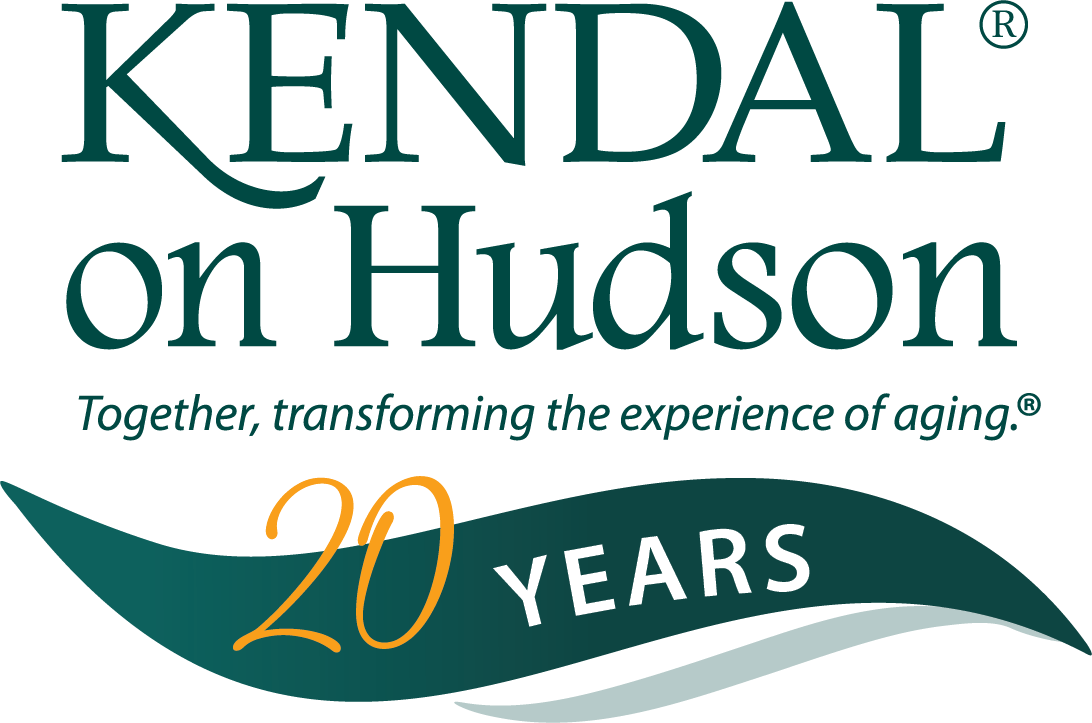Kendal partnered with its local PBS-TV station in Philadelphia to webcast live, intergenerational discussions about the four themes of the upcoming White House Conference on Aging: retirement security, healthy aging, long-term services and supports, and elder justice. In addition to WHYY, the 2015 White House Conference on Aging and Next Avenue are jointly sponsoring the event with Kendal.
These “Deepening the Conversation on Aging” discussions took place in Kendal retirement communities located near Cleveland (Kendal at Oberlin), Columbus (Kendal at Granville), New York City (Kendal on Hudson), and Washington, D.C. (Collington), and were hosted and networked online from WHYY-TV’s studios in Philadelphia.
“This bringing together of the generations is a singular initiative that we believe will provide compelling insights, and become a unique part of the emerging narrative and findings of the 2015 White House Conference on Aging,” says John Diffey, Kendal President and CEO. “Our goal for these conversations is to deepen the level of conversation around issues of aging related to leaving a legacy and finding meaning in the later years. Today’s elders can see this through their own experiences, while the young can understand this, vicariously, through their parents and grandparents.”
Kendal Charitable Funds, A.V. Powell & Associates LLC, and Montgomery McCracken Walker & Rhoads have provided financial support for the webcast.
Groups of young and older adults simultaneously discussed and shared their opinions online about the four main themes identified by The White House Conference on Aging, which occurred in July:
- Retirement security—Most older adults plan to work longer before retiring, and many will work part-time in retirement. What obstacles do older adults face in the workplace? How can we support encore career options?
- Healthy aging — As medical advances progress, opportunities increase for older Americans to maintain their health and vitality. Can intergenerational efforts enhance the lives of all age groups while improving end-of-life and dementia care for older adults?
- Long-term services and supports — How can we help older adults remain independent longer in their communities as they age? Will younger adults be willing to work as direct caregivers? Can care coordination and new technology enhance and expand the caregiving network?
- Elder justice — How can we prevent the financial exploitation, abuse, and neglect of older adults by friends, relatives and scam artists? How can the Elder Justice Act help older adults protect themselves?
Beyond the individual community events, anyone interested in the discussions was able to see and hear the conversations in real time online and were invited to share their opinions and submit questions via social media sites set up especially for the occasion. Participation in this event was free-of-charge.
